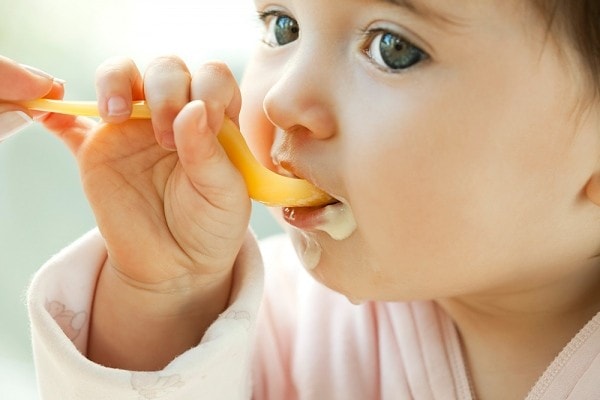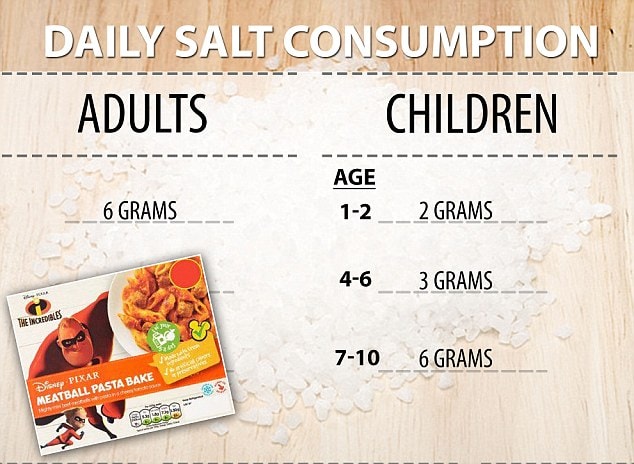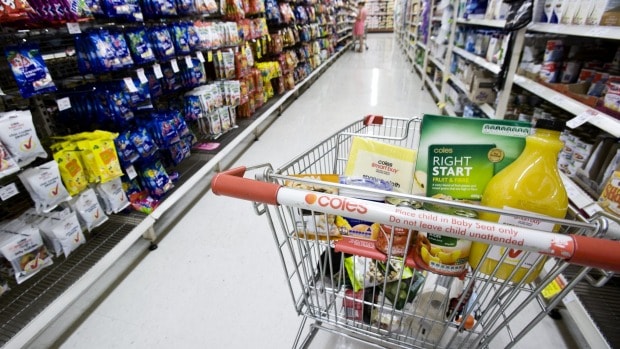Low salt diet for children under 1 year old, right or wrong?
Currently, nutritional and feeding recommendations in developed countries: Australia, UK, US and Canada all agree on the issue of feeding children "bland" food - not adding spices such as fish sauce, salt, sugar, honey..., to food for young children, especially infants under one year old.
Why do we need to eat bland food?
So, it is certain that for young children, especially children under one year old, feeding them bland food is completely correct.
Before we agree with this and practice the above recommendation for our children, we should understand the reason for this recommendation.
The two kidneys of the human body act as two filters to help eliminate toxins and unwanted waste. This is also the way to maintain the body's balance of necessary electrolytes, of which sodium salt is one of the important electrolytes.
When the body absorbs a high amount of sodium, the kidneys will actively filter out the excess sodium. High sodium levels in the body will lead to negative consequences such as high blood pressure and cardiovascular problems, causing dangerous complications such as stroke, heart attack, etc. later.
 |
| Currently, nutrition and feeding recommendations in developed countries: Australia, UK, US and Canada all agree on the issue of giving children a low-salt diet to protect their long-term health. Illustrative photo. |
Along with that, the body is always provided with a large amount of sodium through the diet, so the kidneys have to work hard to eliminate it. Just because the kidneys of people who eat salty foods have to work constantly at high capacity, they will be tired and more susceptible to damage and damage sooner than those who have a balanced sodium diet.
That’s why in the countryside, people eat too much dried fish, fish sauce, and salt, and in some places they even drink fish sauce. Those people, on the outside, look very healthy but suddenly die, or have a stroke… very suddenly while the patient and his family all affirm “I have always been very healthy, I have never had any illness?!”.
One thing to note is that diseases such as kidney failure and high blood pressure are “hidden diseases”. To detect early, you need to examine and screen for the disease. Otherwise, when it “comes out of the bush”, you will not be able to react in time.
How to add salt?
In young children, the kidneys are not yet fully developed and therefore the efficiency and working capacity of these two filters are weaker, as well as more easily tired than in adults. The maximum salt intake recommendations for children are therefore also very different from those for adults.
Currently, the recommended maximum salt intake for children is as follows:
· Children under 1 year old: Less than 1g salt/day (meaning less than 0.4g sodium)
· Children from 1-3 years old: Maximum 2g salt/day (0.8g sodium)
· Children 4-6 years old: Maximum 3g salt/day (1.2g sodium)
· Children 7-10 years old: Maximum 5g salt/day (2g sodium)
· Children 11 years and older: Maximum 6g salt/day (2.4g sodium)
That means, if you count the Sodium units (as shown in the nutritional information on food labels), you have to multiply it by 4 to get the salt units.
For infants who are exclusively breastfed, they have been provided with adequate salt through breast milk. Formula milk also has the same salt content as breast milk, so formula-fed babies are also provided with the necessary amount of salt for their bodies.
 |
| Children aged 1-2 only need 2g of salt per day. Photo: Dailymail. |
When you feed your baby solid foods, all natural solid foods contain a certain amount of salt. Therefore, the current recommendation is not to add salt to your baby's food because the baby's body does not need it. Adding more will only cause more trouble for the baby's kidneys because the baby's kidneys have to work harder to get rid of the excess salt.
In addition, if you introduce salty foods to your baby too early, he or she will tend to prefer salty foods over the recommended amount. This can lead to negative health consequences in the future.
A simple guide for those who want to study this issue more thoroughly. Just search on Google with phrases like “Salt content in........” in English (for example: Salt content in Carrots, or Salt content in Green beans, or Salt content in Rice...), Google will show you a very detailed and interesting information about what you need to know. Those are things for you to refer to, very interesting.
Another recommendation that you should note is that any food that has a salt content of more than 2.4g salt/100g of food (or 0.6g sodium in 100g of food) is considered high salt food. Therefore, you should avoid or limit its use.
When it comes to processed foods for children, many of them are high in salt, even if they taste “sweet”. So, when buying, you should pay attention to this information in the nutrition label of the food, especially snacks…
When When buying fast food and processed foods, you should carefully read the salt content on the packaging. Illustration photo. When buying fast food and processed foods, you should carefully read the salt content on the packaging. Illustration photo. |
Many people worry about losing salt through sweating due to hot weather or sports. This concern is a myth and only for very extreme cases. It can only happen when a child is forgotten, locked in a closed car in the hot sun for hours or if you are an athlete, having to do continuous physical activity for many hours (as you see in tennis matches, everyone carries an electrolyte bottle to drink regularly). In addition, it is when the child has a lot of diarrhea, vomits a lot (that is why there is a recommendation to drink electrolyte water)....
Sweating in hot weather or playing in children never causes a lack of salt! Because 1 liter of sweat contains only about 2.25g to 3.4g of salt (0.5g to 0.8g sodium). And as you know, humans always have a little bit of excess salt from food.
| For children over one year old, you can feed them with the family. However, you also need to pay attention to the adult diet to adjust if your family tends to eat salty food. Not only for children, reducing the amount of salt in adult food is also a very good thing to do. |
Legal
| RELATED NEWS |
|---|

.jpg)





.jpg)
